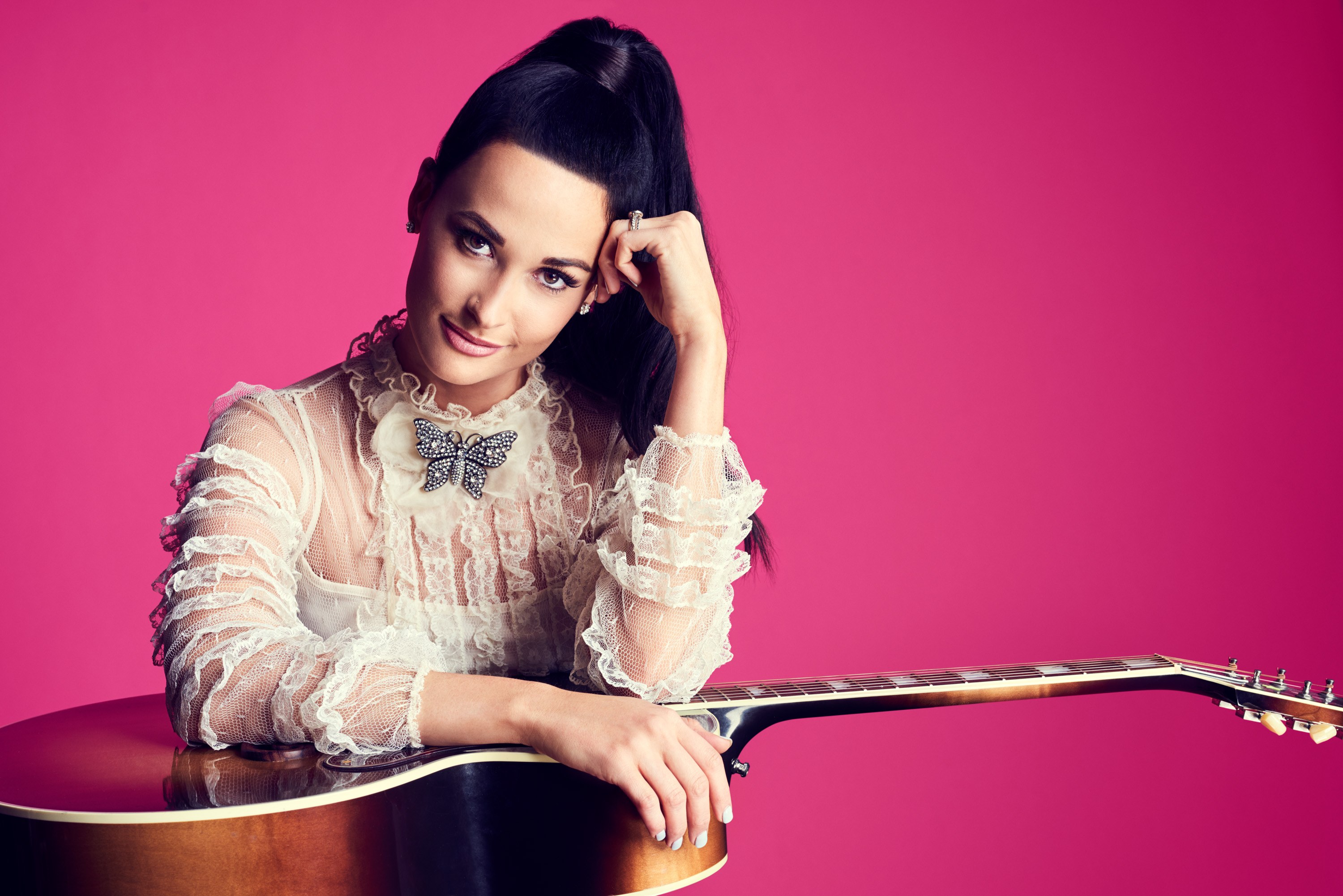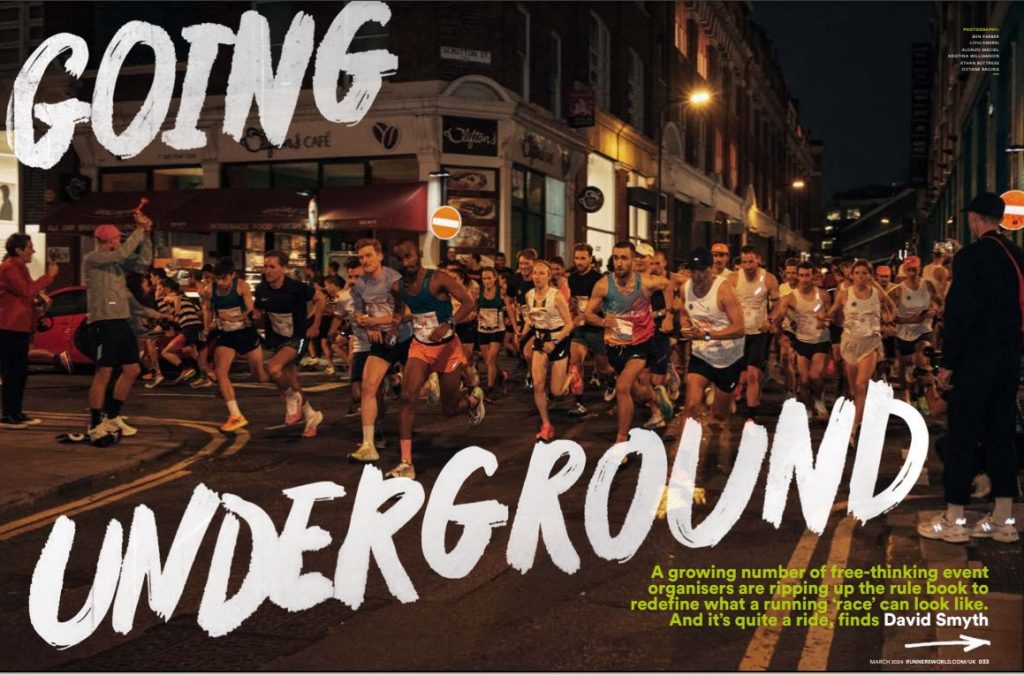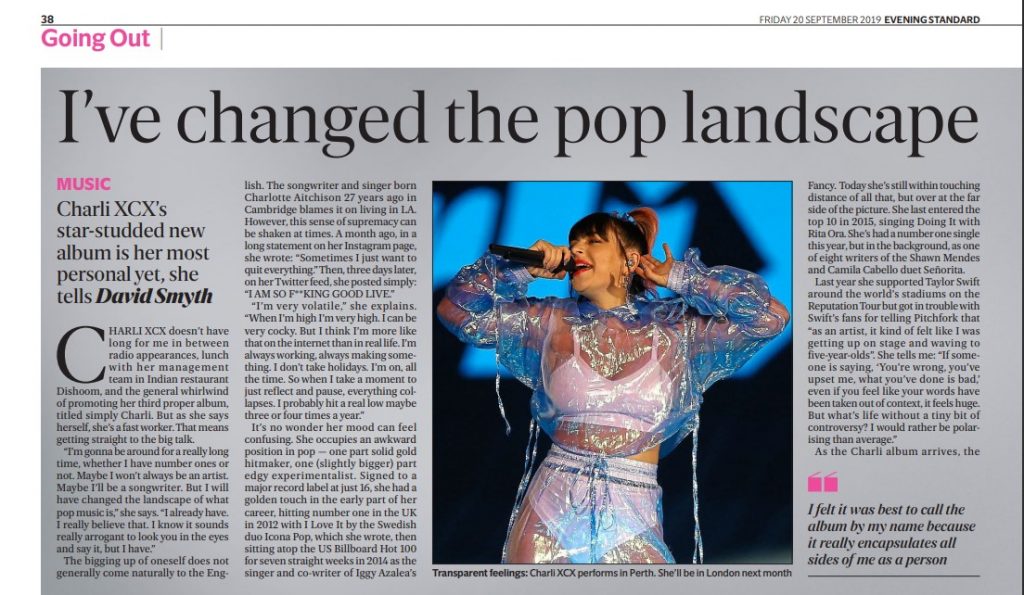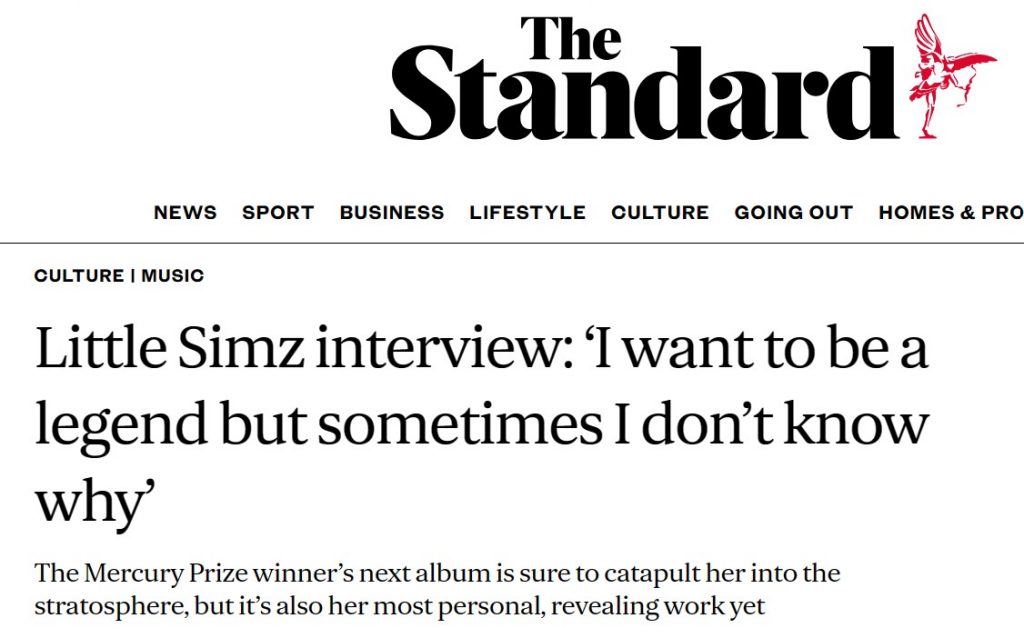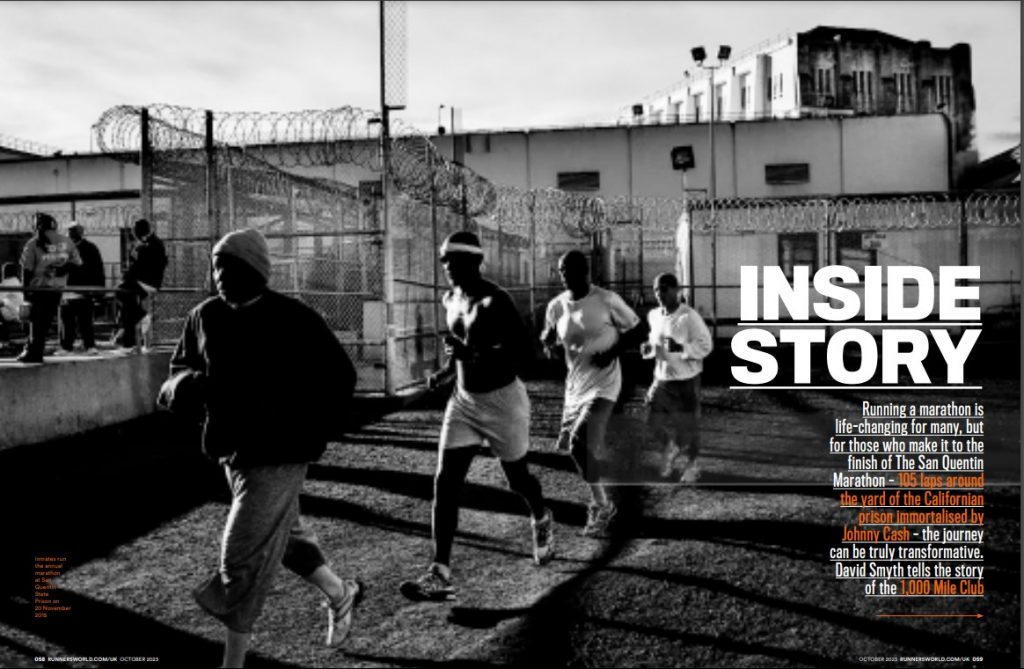It’s all “mixtapes”, “playlists” and “projects” round here these days. Some musicians will do anything to avoid calling a collection of more than a dozen examples of their music an album. But rather than signalling the death of the form, as some have suggested, I reckon it means that they understand what a big deal it still is. The album is the grand statement, the main event, and in 2018 once again there were dozens of vital examples. Here’s a round-up of the best of the year, by genre to help those who want to wrest control of the steering wheel back from Spotify this Christmas.
SOUNDTRACKS
We were up to our ears in film soundtracks, with composers Ennio Morricone, Hans Zimmer and John Carpenter all touring big venues, and the songs from The Greatest Showman dominating the charts like no album since Adele’s. It spent almost half the year at number one in the UK, was released again with new versions of the songs by the likes of Pink and Kelly Clarkson, and was joined in the top five at one point by the soundtracks to the Bohemian Rhapsody and A Star is Born films. This isn’t a new trend – The Sound of Music soundtrack outsold The Beatles for three years in the Sixties – but it was a genre worth paying more attention to in 2018. Those after more challenging fare were well served, with Radiohead’s Thom Yorke taking to the piano to create unsettingly beautiful soundscapes for Luca Guadagnino’s horror Suspiria, while rap giant Kendrick Lamar oversaw a star-packed collection of forward-looking hip hop and R&B to accompany Marvel’s Black Panther blockbuster.
POP
Pop pushed the boat out this year, with even Little Mix coming up with a few tunes to confuse the six-year-olds among their fanbase on LM5. Lily Allen, too, was far better when she stopped audibly gunning for hits, mixing musical subtlety and startling personal revelations on No Shame. Troye Sivan and Years & Years offered queer slants on mainstream pop with their vibrant second albums Bloom and Palo Santo, while Christine and the Queens went furthest in that field, developing a new gender-fluid alter-ego for her album, Chris, and offering muscular French electrofunk to match the image. Disproving the notion that pop is short for “popular”, Tove Styrke’s fizzing Sway and Rae Morris’s sparkling Someone Out There made little impact, but deserve to be found. The 1975 and Ariana Grande, in contrast, returned bigger than ever with A Brief Inquiry Into Online Relationships and Sweetener respectively. Demonstrating the intensity of their creative fires, both are scheduling follow-up albums already.
SOUL/R&B
No album matched Kamasi Washington’s Heaven and Earth for ambition this year. The jazz saxophonist roped in enough other genres, including hip hop and psychedelia, to make his epic collection – over three hours long if you include the secret bonus disc – a leftfield crossover hit. Another unexpected gem was Sad Ballads 1 by Joji, a gross-out prankster from YouTube who turned out to be fantastic at twinkling electronic soul. But it was women who ruled in this area, notably with high quality homegrown releases Saturn by Nao and Lost & Found by Jorja Smith, and the fourth album by Sweden’s Lykke Li, the accurately titled So Sad So Sexy. The most colourful works came from the US, however, with both Kali Uchis on Isolation and Janelle Monae on Dirty Computer cartwheeling between styles and never being boring.
BIG RETURNS
Public interest traditionally fades when you’ve been in this game a while. That didn’t mean that some of our most popular artists were treading water on new releases. Mumford & Sons worked hard at banishing the banjos for good on the emotional arena rock of their fourth album, Delta. Florence + the Machine also avoided her comfort zone – wind-tunnel wailing – on her fourth, High as Hope. It’s a quieter collection that allows more space for some striking lyrical pictures to be painted. Having thrown numerous kitchen sinks at two Gorillaz albums in just over a year, Damon Albarn acquired a sharper focus when he revived another of his bands: The Good, The Bad & The Queen. Their downbeat second album Merrie Land, a belated successor to 2007’s self-titled debut, somehow manages both to be about Brexit and be an enjoyable way to spend 40 minutes. Suede were back at their grandiose, dramatic best on The Blue Hour, their third album since their reformation. But Arctic Monkeys were the boldest among the bigwigs, ruthlessly shedding a significant proportion of their fanbase on Tranquility Base Hotel & Casino, which so far is only a gold seller next to its triple-platinum predecessor, AM. Alex Turner reinvented himself as a lounge singer on the moon for lyrically acrobatic songs that were a giant leap away from the spiky indie rock of his band’s early days.
RAP
According to Spotify, rap ruled in 2018, with the top three most streamed acts being Drake, Post Malone and XXXTentacion. Drake has now been the biggest streamer for three of the past four years, but it was a case of quantity over quality on his bloated, occasionally great Scorpion album. Cardi B got a better job done in under 50 minutes on her colourful Invasion of Privacy, and Logic had sharper focus with the old school sounds of his YSIV album. If you did want to drown in the stuff, the prolific, 13-member Brockhampton had something for everyone on Iridescence. Proving that the genre is now a global concern, much of the best music came from all over, whether it was Scotland’s Young Fathers on the eclectic Cocoa Sugar, Ireland’s Rejjie Snow on the smooth, hazy Dear Annie, or the Mercury-nominated Novelist Guy by Novelist, from right here in London. France, too, was worth a look, on the lively, Africa-influenced 19 by MHD. Finally, you couldn’t avoid Kanye West this year, for better or worse, but the greatest thing the erratic star did was produce Pusha T’s short, consistently brilliant Daytona.
ROCK
Traditional indie rock – scuzzy guitars, lo-fi production – was done brilliantly by Maryland’s Snail Mail on her debut album Lush and Melbourne’s Courtney Barnett on her second, Tell Me How You Really Feel. On Bottle It In, Barnett’s occasional collaborator Kurt Vile managed to sound like he was barely trying while turning in some intricate, extremely lengthy songs. Electronica crept in on Be the Cowboy by Mitski and I’m All Ears by Let’s Eat Grandma, leading to surprises at every turn. Anna Calvi sounded more immense and impassioned than ever on her third album, Hunter, which saw her exploring her gender identity and coaxing sparks from her guitar. Heavy Brighton band Architects seemed to provide the most intense musical experience of the year on Holy Hell, their first release since the death of founder member Tom Searle. Or maybe it was Idles, who smashed punk into politics on the fierce, furious Joy as an Act of Resistance. But they were topped by a much quieter band, Low, who used unsettling electronic rumbles to lift their glacial music to somewhere extraordinary on Double Negative.
DANCE/ELECTRONIC
While showy sounds of the EDM sub-genre continued to spend plenty of time in the charts, the year’s electronic music was better when it moved the head as well as the feet. On Singularity, Jon Hopkins attepted to create a mushroom trip in sound and came up with some extraordinary effects. Kent’s Leon Vynehall was even more ambitious on Nothing is Still, accompanying his rich, soulful productions with a novella about his grandparents emigrating to America. Movement and melancholy were united on both George FitzGerald’s All That Must Be and the wonderful Knock Knock by German producer DJ Koze. But Robyn did it best on Honey, the Swede’s first album in eight years. Returning after the death of one of her closest friends, her latest mature take on dance-pop was both sad and euphoric – a perfect mix.
SINGER-SONGWRITER
At the softer end of things, Father John Misty continued to unite fairly conventional singer-songwriter sounds with dark, wild lyrical excursions on God’s Favorite Customer. His second album in just over a year was made quickly but still felt substantial. Cat Power returned after six years with Wanderer, which saw her touching on traditional American folk music on a beautiful, peaceful collection. Meanwhile Natalie Prass, who sounded like Dusty Springfield reborn on her self-titled debut, pushed forwards, at least as far as the Seventies, for the follow-up. The Future and The Past added disco and funk to a heady concoction. Kacey Musgraves, ostensibly a country-pop musician, produced deceptively simple acoustic-led songs that cut to the emotional quick on Golden Hour. Her third release showed her developing into a very special musician indeed.

